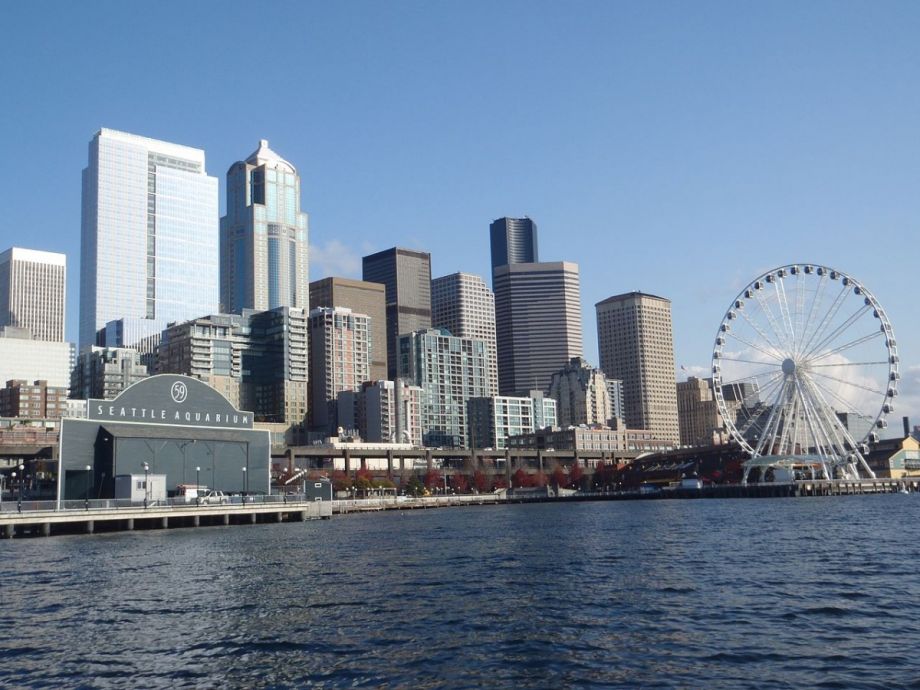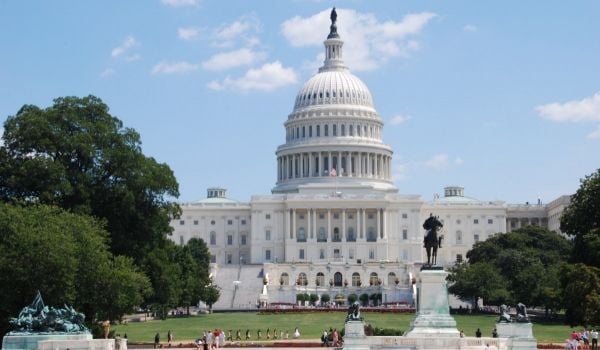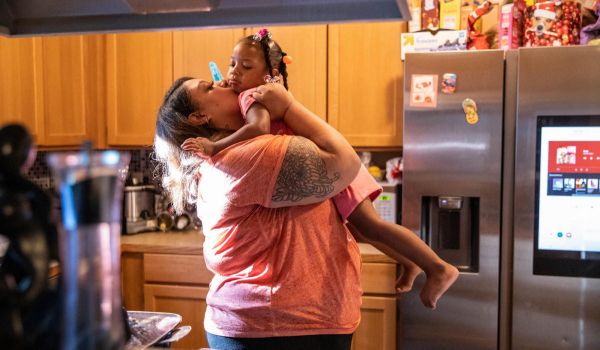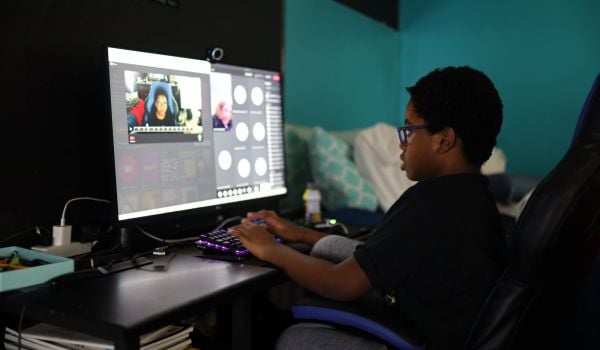After years of discussions, seven feasibility studies and one failed public-private partnership, it looked for a brief moment like Seattle might move forward on municipal broadband. Councilwoman Kshama Sawant had proposed an amendment to the city budget to fund a $5 million municipal broadband pilot project to test the feasibility of Internet as public utility. But, last Monday, the Seattle City Council voted down the proposal 6-2.
At a glance, the vote appears to be a major setback for the effort. But Upgrade Seattle, a grassroots campaign fighting for municipal broadband, says this is actually a big step forward on their long road to public Internet.
“It was wonderful to just further the conversation with council and the media,” says Sabrina Roach, one of Upgrade’s volunteer organizers. “We were able to make the case for why Seattle needs municipal broadband.”
That case, according to Upgrade, is that existing Internet service providers — Comcast, CenturyLink and WAVE — are prohibitively expensive for some (and just regular expensive for many others) and don’t cover all areas of the city. The combination exacerbates the digital divide between wealthy and poor in an era when Internet access is a life necessity.
Roach says a city-run, fiber-optic gigabit Internet is the answer. At 1 gigabit per second (Gbps), municipal broadband would be almost 20 times faster than the standard DSL and cable Internet offerings from CenturyLink and Comcast, which tend to clock in at 40 to 50 Mbps (there are 1,000 megabits in a gigabit). Those cost about $80 a month for just Internet service after first-year promotions run out. CenturyLink and WAVE have started offering fiber-optic cable Internet in some parts of the city. CenturyLink’s 1 Gbps service requires bundling with a phone plan that brings the cost to about $130/month. WAVE’s G Fiber is $80/month, but is only currently available in one part of one neighborhood so far. This summer, Comcast announced its intention to bring its blazing fast 2 Gbps service to Seattle at a hefty $300/month.
The latest feasibility study commissioned by the city and released last June said the city could offer 1 Gbps municipal broadband for $75 a month if it could get 41 percent of potential subscribers to actually sign up (that number of users is known as the take rate).
The city pointed to that high take rate as one of the main arguments against pursuing municipal broadband.
Chattanooga’s electric utility EPB offers gigabit municipal broadband and has become the poster child for municipal broadband advocates. The report cites data from 2013-2014 when Chattanooga’s take rate was 33 percent. When the feasibility study was released in 2015, Chattanooga’s take rate had risen to about 45 percent. Michael Mattmiller, Seattle’s chief technology officer, told Geekwire, “When you think about the city trying to enter a competitive market as a third provider, [43 percent] sounds like a very high standard to reach.”
The 43 percent Mattmiller cites is the number of single family homes Seattle would need to sign up under one scenario. But, when the city surveyed residents as part of one feasibility study, 41.2 percent of respondents said they were either willing or very willing to purchase 1 Gbps service for $75 per month. Chattanooga’s take rate has also been on the steady rise. EPB’s VP of Corporate Communications Danna Bailey tells me that their take is over 50 percent as of November 18th.
Cost was another potential barrier Mattmiller pointed to in his rationale for not taking on municipal broadband. The city’s study found implementation would cost between $463 million and $630 million, lower than previous feasibility studies had found, but still expensive. Nonetheless, Seattle voters have shown a willingness to tax themselves to fund city investments and recently passed a record $930 million transportation levy.
Ultimately, Upgrade’s message is that municipal broadband is an equity issue. The June study found about 15 percent of Seattleites have no access to Internet at home. With job applications, civic engagement, communications, billing and more now online, a lack of access puts people at a huge disadvantage.
“Broadband is not a luxury,” says Inye Wokoma, another Upgrade organizer. “We have a situation where the people who could benefit the most in terms of getting ahead and improving their life situation with a robust and affordable broadband network just don’t have it. And the private market doesn’t have incentive to create that.”
He continues, “From an equity standpoint it’s really about treating broadband the way we treat other utilities. We make sure people have access to electricity, water, roads.”
Upgrade is now regrouping and trying to figure out their next steps. In general, they say they plan to continue their campaign and work to build more public support.
“The pilot project was an addition to an already very crowded budget,” says Karen Toering, a third Upgrade organizer I spoke to. “Just getting it into the budget consideration was a win. The conversation about municipal broadband is a lot more in the zeitgeist than ever before in Seattle. People are ready to talk about it. They’re ready to volunteer to move this forward. There’s a lot of good positive energy that came out of our work.”
UPDATE: This post has been edited to reflect more detailed take rate numbers in Chattanooga and Seattle.
The Works is made possible with the support of the Surdna Foundation.

Josh Cohen is Crosscut’s city reporter covering Seattle government, politics and the issues that shape life in the city.
Follow Josh .(JavaScript must be enabled to view this email address)

















